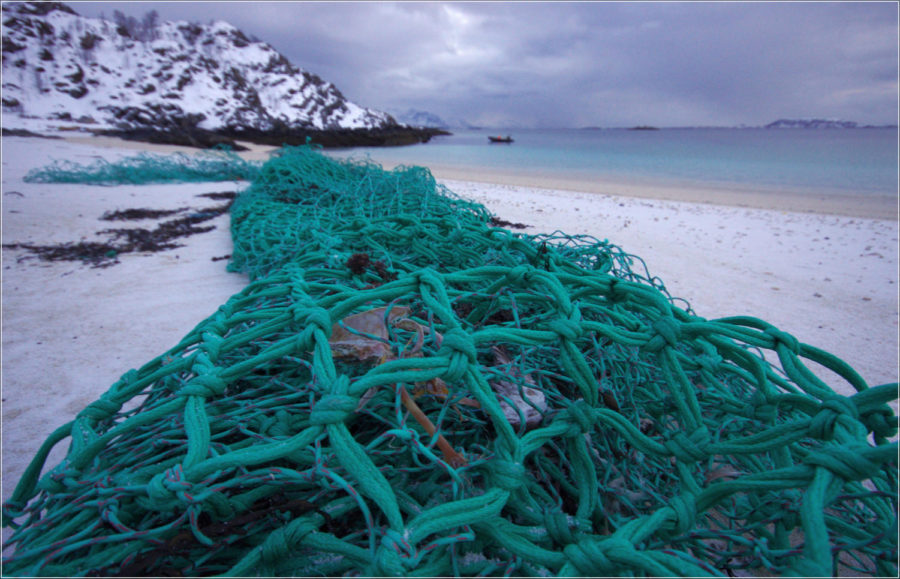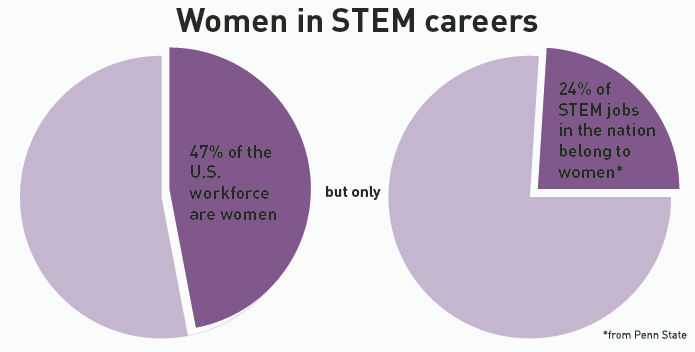Editorial: Remaking the new normal with environmental protection policies
Bo_Eide
The ISD Editorial Board suggests to policymakers that effective environmental policies need to be enacted while positive momentum has been mad through the pandemic in ecosystem recover.
July 1, 2020
As the negative impacts of COVID-19 continue to increase, the environment proceeds to bask in the one, if not only, positive aspect of this pandemic: cleaner air, water and ecosystems all over the globe. The clear water and aquatic species returning to Venice Canals, the reduction in carbon emissions and the drastic improvement of Los Angeles air quality are just three examples of the environment noticeably improving during vast quarantine periods.
However, with cities and countries beginning to reopen, it is clear these were only temporary breaths of fresh air. Returning to “normal life,” unfortunately, includes the return of harmful lifestyles, industrial operations and economic exploitations that severely damage the environment.
The Trump administration is working on repealing 100 environmental protection policies instead of progressing upon the recent environmental improvements as well. The regression of the environment is not only expected with the country reopening, but it is practically encouraged by politicians.
This goes along with the racial justice movement, since the consequences of environmental destruction cause severe impacts on vulnerable communities of color. This can be seen very clearly in the Flint, Michigan, water crisis, “Cancer Alley” along the Mississippi River and the prevalent proximity of toxic industrial sites to communities of color.
Disregard for environmental health means disregarding human life as well.
With all of these factors at hand, now is the time to expand the Environmental Protection Agency and pass long-term, inclusive environmental protection policies that hold every individual, community and company responsible for their economic impact. While groups of people may have realized this opportunity for improvement, industries will not make environmentally conscious changes unless the law enforces it.
The only influx of “green” they want to see is money. It is for this reason the EPA should not only expand, but focus its attention on the industries that cause the most detrimental damage to ecosystems and communities.
Extensive monitoring of pollutants to nearby air and water systems are important for tracking the extent of ecosystem, atmospheric and communal deterioration. These sufficient measurements would help in the process of reducing harmful pollutants.
Returning to normal doesn’t have to mean the environment has to suffer from the effects of human life, not when humans have the ability and opportunity to change the policies that allow environmental destruction.
COVID-19 has caused mass amounts of hardships and grief, but in our period of regrowth, the long overlooked health of our environment should be accounted for as well.

















